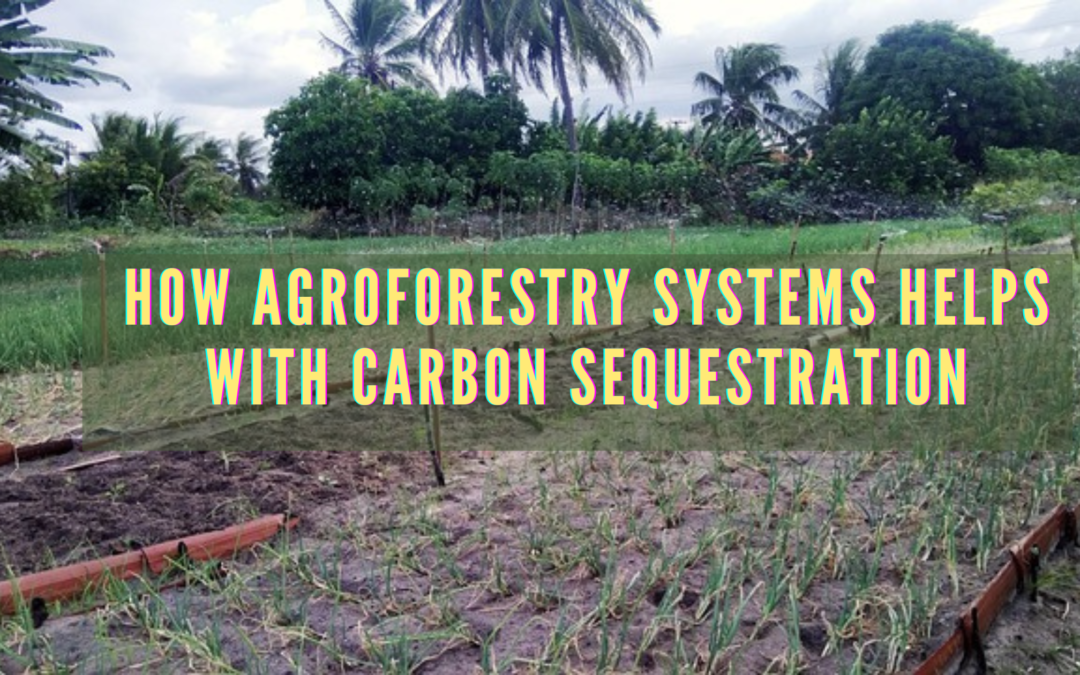The concept of ecolonomics is a combination of ecology and economics and it encompasses the belief that the environment and businesses should effectively work together towards sustainability. Ecolonomics concept recognizes the fact that no one can effectively thrive without the other. The reason for combining ecology and economics is due to the fact that as much as they are separate disciplines; both basically address similar problems but from different perspectives.
Economics majorly entails identifying ways through which the resources can be efficiently used for maximum wealth creation and minimum wastage. The environment plays such a huge role in the lives of humanity and our health and health largely depends on how resources are utilized to help manage the planet.
The Basics of Ecolonomics
The modern practice of ecolonomics takes into consideration environmental impacts so having a good understanding of how to produce products with minimum costs while also maximizing the benefits, based on production costs and market demands and other key factors is vital. Majority of the green industries alongside businesses today identify the importance of sustainability. Economics entails maintaining natural resources in ways that are economically beneficial with the key focus being committing to maintaining the natural resources at their present level.
Ecolonomics addresses the challenges related to sustainability issues in detail. The practice focuses on measures such as rebuilding, reusing, and recycling the resources or materials that one already has. Ecolonomics gives focus to sustainable living through engagement in business practices that are environmentally friendly.

Environment and Economic Analysis
Green production and green consumption have gained great demand in the modern world and the use of economic tools such as fiscal policies get discussed in the context of the environment and natural factors get directly connected with the environment. The cost-benefit analysis and input and output analysis of the environment have become such an integral part of mainstream economics. It has become a key consideration in all of the decisions related to production; pricing, factor allocation, and more.
Environmental considerations are quite vital when it comes to macro and microeconomics, industrial economics, agriculture, economic planning, and more. Environment resources and their allocation alongside utilization should be considered within the context of their economic cost benefit. The supply and demand; losses and benefits and equilibrium of environmental resources all get analyzed in the context of economics. There are a number of environmental concepts that have been developed with the integration of economics such as sustainable environment, environment costs analysis, environment fiscal analysis, and more.
Environment provides Resources to the Economy
The environment provides humans with land, water, energy, air, and other natural resources which are quite essential for economic development. The environment provides services that directly get consumed such as the air that we breathe and the water we drink. The wildlife sanctuaries, forests, and rivers as well play great economic roles for mankind. The environment also assimilates the wastes that get released and provide utility.
The environment takes care of the noncyclical wastes and converts them to ecologically useful products. It also acts as a sink for all of the waste products that arise as a result of production and consumption. The environment acts upon the wastes to help clean up the environment.
P.S: – For more information please visit our EAT Community website.



